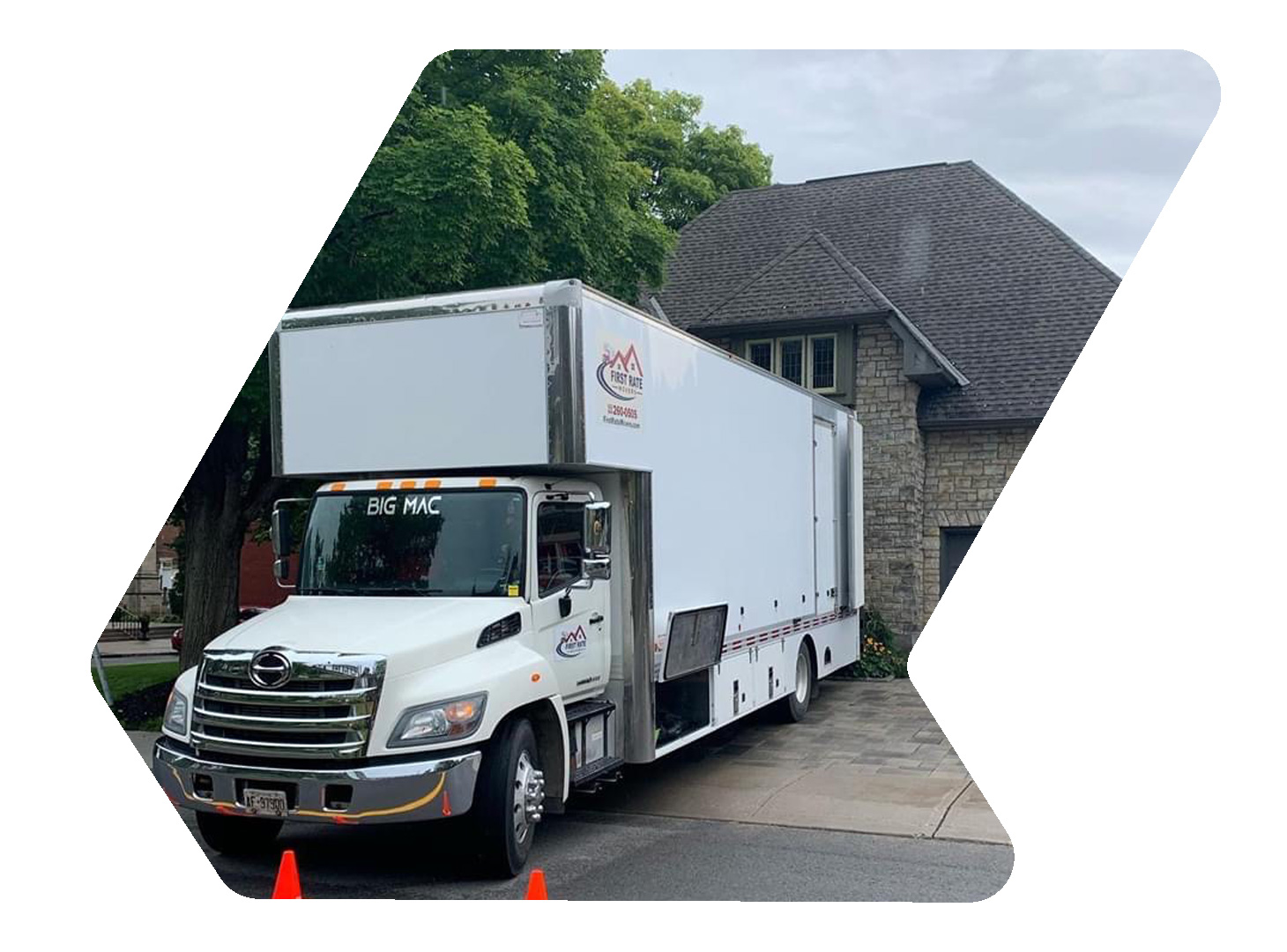Ottawa’s most trusted and reliable moving company


The level of consumer complaints about movers has concerned all
stakeholders in the Canadian moving and storage industry: reputable
movers, consumer associations, trade associations and government.
To address these concerns and to act as a complement to legal protections already in place, the Office of Consumer Affairs, Industry Canada formed a
multi-stakeholder working group of moving-industry professionals,
consumer group representatives and government officials to develop good practice guidelines for reputable movers, and an associated checklist for consumers. It is hoped that the existence of the Good Practice Guidelines
for Canadian Movers and the Consumer Checklist will assist movers in identifying and adhering to high standards and aid consumers in selecting reputable, ethical and professional movers.
Canadian movers wishing to ensure continued good relations with their customers should follow these good practices:
First Rate Movers ensures adherence to these standards for your peace of mind and the highest quality of service possible. The most crucial qualities of a successful moving company are honesty and integrity. This forms the basis of our status in the moving industry. Many moving companies overpromise and underdeliver. However, we act responsibly, which is what contributes to our success. There will be no unforeseen fees or charges as part of our commitment to transparency. We provide upfront, understandable, and thorough written estimates.
Since there is typically so much going on during a move, which is already stressful enough, you shouldn’t even think about doubting the dependability of your mover. Hire a mover who complies with the Good Practice Guidelines for Canadian Movers, has excellent reviews, and responds to your enquiries in a timely manner.

Whether moving locally or to/from Ottawa within Ontario, you can count on First Rate Movers. Let us know how we can help. We’ll be in touch ASAP.
© First Rate Movers Inc. – Ottawa Moving Services 2024